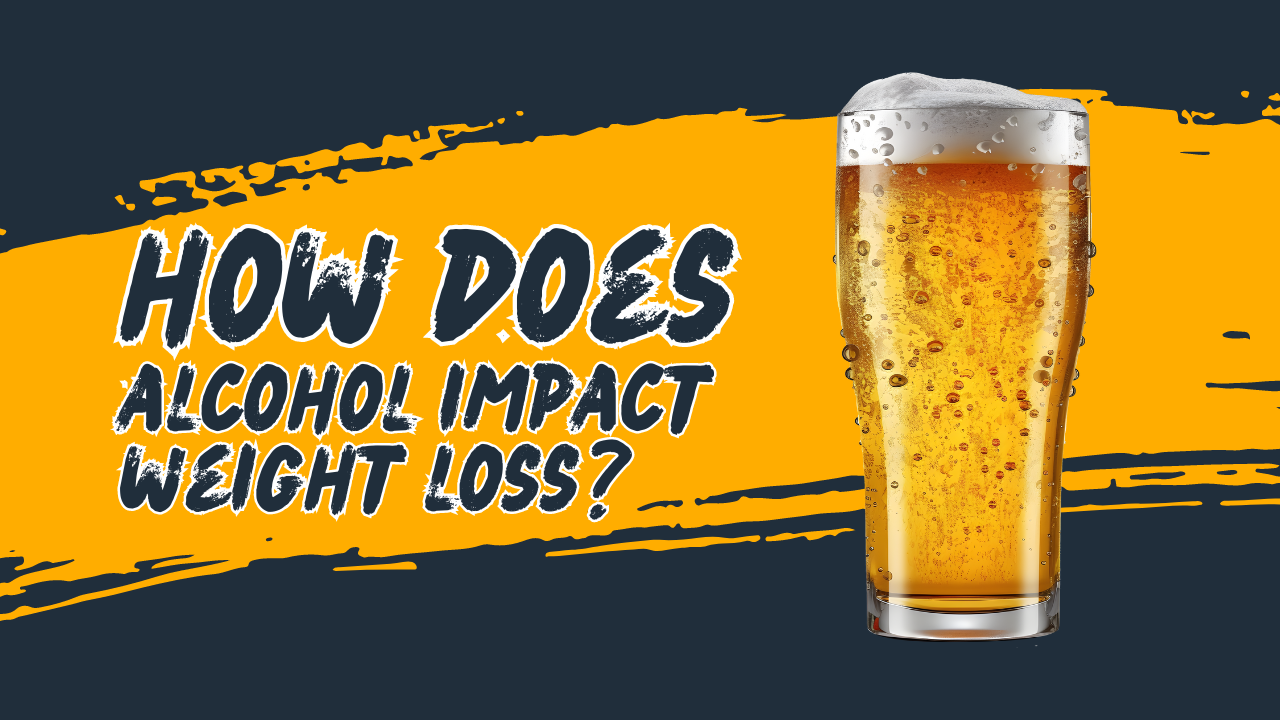
IN THIS POST
When trying to lose weight you’ve probably wondered, “Can I drink alcohol and still achieve my goals?”
That’s what we’ll be talking about today; how alcohol impacts weight loss.
Just so you know, this post isn’t about me telling you to drink or not drink.
Everyone’s different and ultimately, that’s a personal decision.
I just want to lay everything out there for you so you’re able to make an informed one!
But first, let me share a little bit of my own story about drinking.
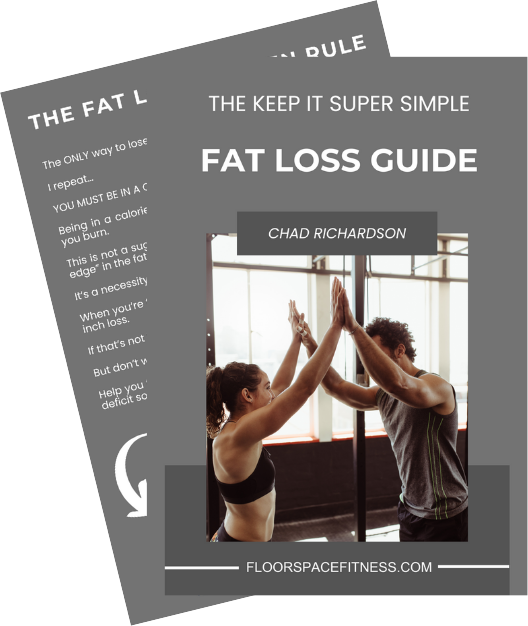
My personal relationship with alcohol
*** Vulnerable story incoming ***
If you don’t want to hear this, you can skip to the ways alcohol impacts weight loss by clicking HERE.
But I have a feeling this may resonate with some of you out there, especially if you’re a binge drinker like I was.
Because I used to drink…
A LOT.
We’re talking every single weekend.
Sometimes, I’d even stay up and go on weekend-long benders.
I felt on top of the world in the moment while I was drinking.
But afterward…
Not so much.
And BOY, was I always hungover.
With work looming on Monday, the reality of the situation started to sink in.
I beat myself up about the decisions I’d made over the weekend.
I felt like a loser.
I felt like a failure at life.
So I promised myself not to do this ever again.
But like clockwork, once Friday at around 5 o’clock hit, I was back at it.
Something had to change.
And that change came when I made the decision to cut waaaay back on my alcohol consumption.
And I can tell you since doing that, my life has changed dramatically for the better.
I don’t have to take weekends off because I’m drinking or so hungover I can barely function.
Rather, I’m actually able to stick to stick to my workout schedule and diet for the entire week.
I feel happier and healthier.
I feel more in control of my life.
And achieving my body goals has been a helluva lot easier.
Here’s a little background info on alcohol…
If you’re unfamiliar with macronutrients, they make up the calories of the foods you eat.
I like to think of macronutrients kind of like a pizza.
The whole pizza contains calories and macronutrients are what make up those calories.
There are three main ones; protein, carbs, and fats.
Protein and carbs contain 4 calories per gram of food while fats have 9 calories per gram of food.
What’s so special about macronutrients?
Most people track them to lose weight and ensure they’re eating a well-balanced diet while doing it.
I said there are three macronutrients, and well, that’s kind of true.
But there’s actually a fourth one and that’s alcohol.
Alcohol isn’t “technically” considerd a macronutrient because, while it calories, it doesn’t provide you with any nutrients.
When tracking macros, some people will just attribute alcohol to carbs which, again, contains 4 calories per gram of food.
However, alcohol actually contains 7 calories per gram so you need to make sure it’s accounted for as such.
How does alcohol impact weight loss?
1. Alcohol is empty calories
To lose weight you have to be in a calorie deficit (aka consume fewer calories than you burn).
The easiest way to maintain a deficit is through low-calorie, high-volume foods.
And also, foods that are high in protein.
But alcohol is neither.
It’s just empty calories and does nothing to satisfy hunger while in a calorie deficit.
And hunger is one of the biggest reasons, if not the biggest, people have a hard time sticking to their diet.
Putting a lot of calories toward alcohol means having fewer calories to actually fill you up.
Let’s say you have plans to meet up with some friends for a couple of drinks on a Friday night.
Vodka soda, to be exact (which contains about 130 calories per).
But let’s be honest, when you’re out having a good time those 2 drinks can easily turn into 4, 5, 6+ drinks.
You end up having 5 vodka sodas.
That’s 650 empty calories.
Imagine if you put those calories toward more filling foods like chicken breast, yogurt, potatoes, or fruit.
You’d feel more full and have a much easier time maintaining your deficit (which means weight loss).
While it is possible to drink alcohol and lose weight (you just need a calorie deficit), it can be an uphill battle.
Related: How to Eat More Protein for Weight Loss
2. You stop caring about your diet when you drink
All nutrition bets are off when you’re drinking.
And your inhibition plummets to the basement.
Diet? What diet?
You don’t want healthy when you drink.
You’re not searching for foods that’ll keep you on track with your diet.
You want some greasy food like pizza, burgers, or wings to satisfy your late-night drunchies.
Food truck owners aren’t dumb!
They know all your inhibition goes out the window when you’ve been drinking.
Which is why they’re always parked outside of bars and there’s usually a long line, especially at the end of the night.
And then, what happens the day after a night out of drinking?
Does hungover you want to get back on track with your diet?
Or will you DoorDash more high-calorie food while you lay in bed hungover?
3. You get less movement
Daily movement might just be the most underrated weight loss hack there is.
Related: 13 Best Tips to Speed up Fat Loss
You see, there’s this thing called NEAT.
It stands for non-exercise activity thermogenesis.
In non-science speak, it’s all the movement you get throughout the day outside of your workouts.
Guess what?
NEAT burns three times the number of calories as your actual workouts.
Related: Should You Eat Back Exercise Calories?
You’re not up and all invigorated, getting a whole bunch of movement the day after a night of drinking.
You’re bound to the couch or bed, trying all the hangover “tools” you have in your arsenal.
Trust me, I know how it is.
My go-to hangover cure was a Penn Station Philly Cheesesteak, Sprite, and Advil. 😂
If you’re not moving, you’re not burning calories.
And if you’re not burning calories you’ll have a harder time staying in a deficit.
Considering daily movement is such a big part of it.
Again, can you drink alcohol and still lose weight?
Yes, you can.
If that’s something you enjoy, you can fit it within your calories.
Will it be harder to maintain a calorie deficit?
The answer to that question is also yes.
Related: How to Get 10K Steps a Day
4. It negatively impacts workout performance
How do you feel the next day after drinking?
Ready to attack your workout with maximum intensity?
Or will your workout be sluggish (if you even perform it at all)?
If you’re not able to give a good effort, your workout performance takes a nosedive.
You won’t lift as much as you normally would, which means not optimizing muscle growth and maintenance.
You’ll burn fewer calories as a result.
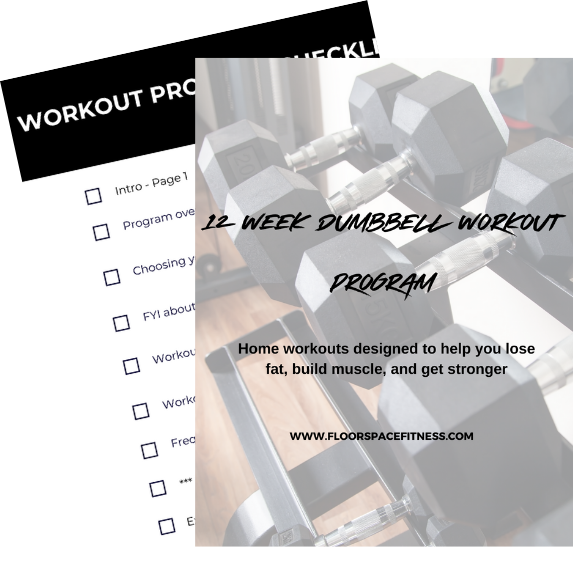
5. You won’t sleep as well
Alcohol impairs sleep.
And the more you drink, the worse sleep you’re gonna get.
Thing is, insufficient sleep makes you hungrier.
When you’re sleep deprived your body produces less of the hormones that say “I don’t need any food right now” and more of the hormones that say “Hey, I’m hungry, feeeeed me NOW.”
Hunger is the biggest adversary you have when it comes to maintaining a calorie deficit.
No matter how much motivation or willpower you have, you won’t win a battle with hunger!
Related: How to Stay Motivated to Lose Weight
Summary: Alcohol & weight loss
Moral of the story?
Fat loss is already hard.
And drinking alcohol (especially a lot) just makes it that much harder.
Now, can you drink and still maintain a calorie deficit + lose weight?
Yes, and I’m not here to tell you whether or not you should drink.
But I will say that if alcohol is getting in the way of you achieving your fitness goals, you need to have an honest talk with yourself about how serious you are about losing weight.
What’s your take on alcohol and weight loss?
Let’s start a discussion in the comments!

What's up?
I’m Chad, I’m happy you’re here! I’m a certified personal trainer and my goal is to help you form practical, sustainable habits that lead to lifelong fitness results. If you want to lose fat, build muscle, and live a healthier, happier life then you’re right where you need to be. 💪🏾
Free resources
⬇⬇⬇

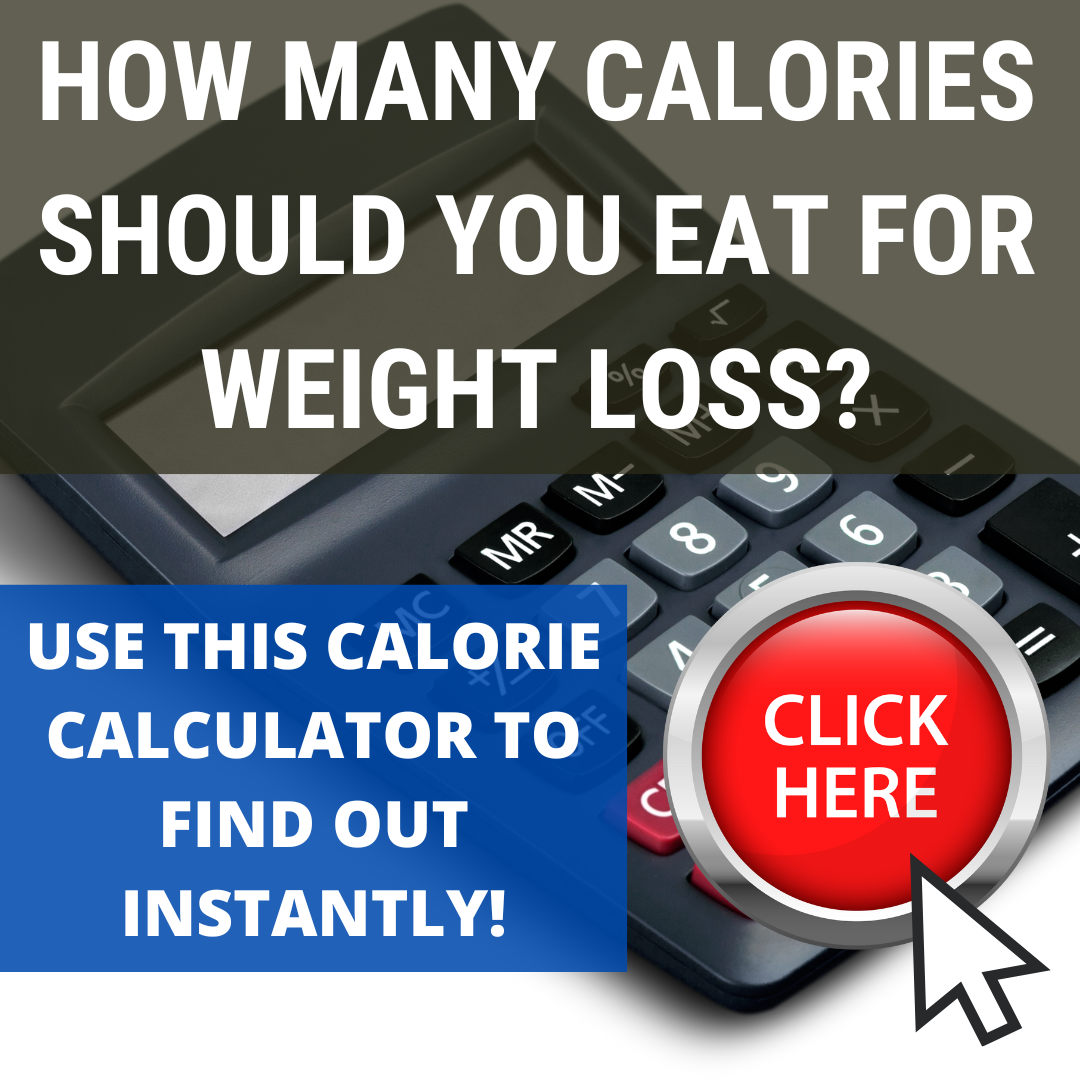





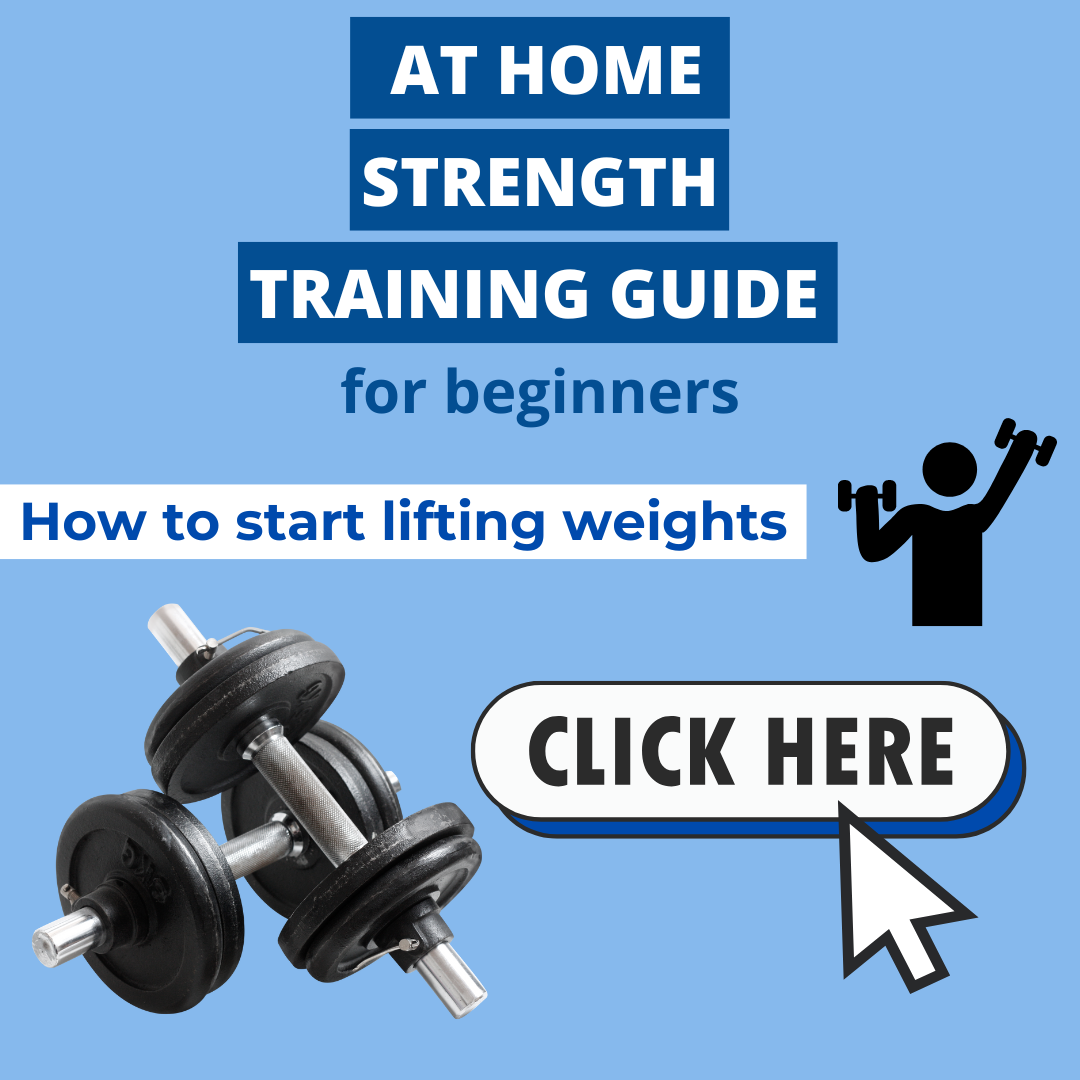
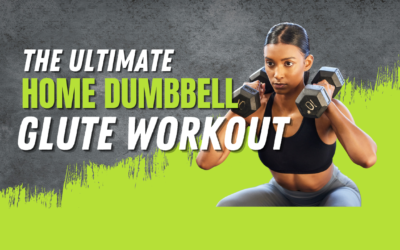
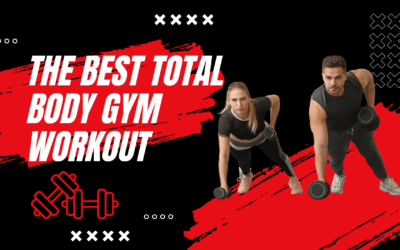
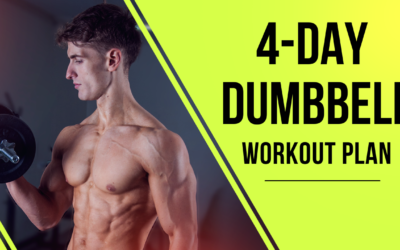
0 Comments